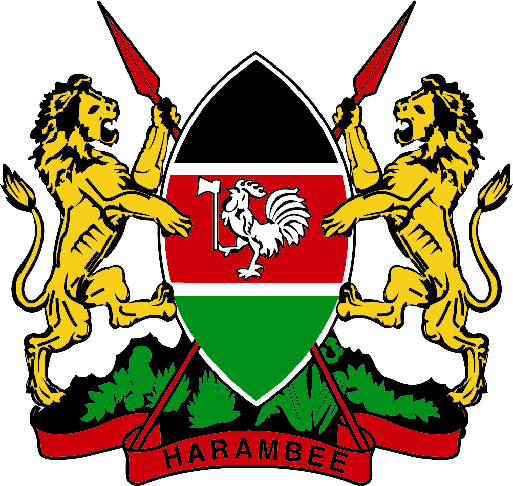Introduction
Kenya, a vibrant and diverse nation located in East Africa, has witnessed a tumultuous but remarkable journey since gaining independence from British colonial rule on December 12, 1963. Throughout its history, Kenya has been shaped by the leadership and vision of several influential presidents. From Jomo Kenyatta, the country’s first president, to the present day, each leader has played a pivotal role in shaping the nation’s political, social, and economic landscape. This article provides an in-depth exploration of Kenya’s past presidents, their contributions, and the challenges they faced on the path to progress.
Jomo Kenyatta (1964-1978):
Jomo Kenyatta, revered as the founding father of Kenya, served as the country’s first president from independence until his death in 1978. His leadership was instrumental in uniting the diverse ethnic groups within the nation. Kenyatta pursued a policy of African socialism, known as Harambee, emphasizing self-reliance, education, and economic development. During his tenure, he implemented land reforms, aimed at redistributing land to the indigenous population, and spearheaded efforts to build infrastructure and expand educational opportunities.
Daniel arap Moi (1978-2002):
Following Kenyatta’s demise, Daniel arap Moi assumed the presidency, marking the beginning of his 24-year tenure. Moi faced significant challenges, including political unrest, economic instability, and ethnic tensions. Despite these obstacles, his presidency witnessed notable achievements. Moi implemented a policy of Nyayoism, focused on national unity and peace. He emphasized education, healthcare, and rural development, aiming to uplift marginalized communities. However, his rule was also marred by allegations of authoritarianism, corruption, and human rights abuses.
Mwai Kibaki (2002-2013):
The 2002 general elections brought a wave of change to Kenya’s political landscape. Mwai Kibaki assumed the presidency, promising a new era of transparency, accountability, and economic growth. Kibaki’s administration introduced sweeping reforms, including the enactment of a new constitution in 2010, which aimed to decentralize power and enhance governance. Under his leadership, Kenya experienced significant economic growth and improvements in infrastructure. However, his tenure was also marked by political scandals and unresolved ethnic tensions, particularly during the 2007-2008 post-election violence.
Uhuru Kenyatta (2013-2023):
Uhuru Kenyatta, the son of Jomo Kenyatta, took office as Kenya’s fourth president in 2013. His presidency focused on the “Big Four” agenda, encompassing initiatives in affordable housing, manufacturing, healthcare, and food security. Kenyatta emphasized the importance of regional integration, particularly through infrastructure development projects such as the Standard Gauge Railway. He also played a prominent role in regional peacekeeping efforts, particularly in Somalia. However, his tenure faced challenges, including corruption allegations, rising debt levels, and persistent socio-economic inequalities.
Conclusion
Kenya’s journey since gaining independence has been a complex and transformative one. Each president has left a lasting impact on the nation’s development, contributing to its growth and facing unique challenges along the way. From Jomo Kenyatta’s nation-building efforts to Mwai Kibaki’s reform agenda and Uhuru Kenyatta’s focus on economic development, Kenya’s past presidents have shaped the country’s trajectory. As Kenya moves forward, it must address the remaining challenges of corruption, inequality, and ethnic divisions, while building upon the achievements of its past leaders to pave the way for a prosperous and inclusive future.





